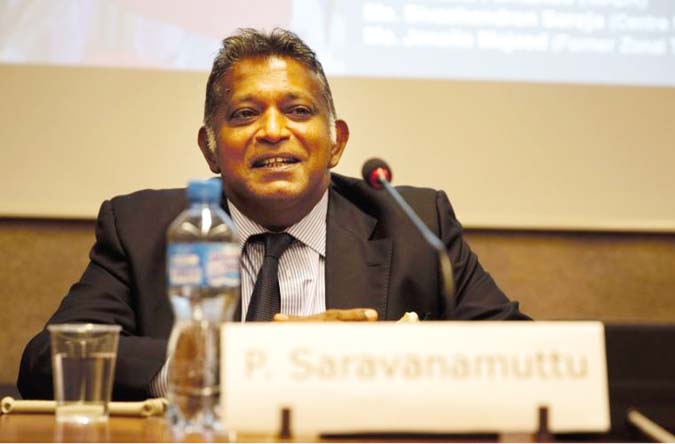News
CPA challenges constitutionality of controversial “Online Safety” Bill in SC

The Centre for Policy Alternatives (CPA) last Wednesday filed a petition in the Supreme Court challenging the constitutionality of the contentious “Online Safety” Bill. Led by its Executive Director, Dr. Paikiasothy Saravanamuttu, CPA expressed deep concerns over this Bill, which was gazetted on September 15, 2023, and subsequently presented in Parliament for its first reading on October 3.
In its Petition, CPA argues that the Bill, in its entirety, contravenes multiple articles of the Constitution, including entrenched provisions. As a result, CPA contends that the Bill should not only secure the approval of two-thirds of Members of Parliament but also be subjected to a referendum to be approved by the people.
One of the primary concerns raised by CPA pertains to the vague and overly broad offenses outlined in the Bill, as well as the extensive powers bestowed upon the “Online Safety Commission.” CPA fears that these provisions could significantly curtail the exercise of Fundamental Rights by the citizens of Sri Lanka.
The Petition specifically challenges various aspects of the Online Safety Bill that are perceived to violate Constitutional articles, including but not limited to:The ambiguity surrounding the Bill’s objectives, particularly the Online Safety Commission’s authority to “protect” individuals against the harm caused by “alarming or distressing statements.”
The overly broad and unconstitutional nature of the enumerated “prohibited statements” in the Bill.
The arbitrary and unreasonable powers granted to the Online Safety Commission, including the exercise of judicial authority, which conflicts with Constitutional principles.
The discretionary authority granted to the Minister to appoint private individuals as “experts,” who are subsequently endowed with extensive powers impacting citizens’ liberties, with no oversight or accountability.
The questionable ability of the Online Safety Commission and the Minister to establish rules and regulations on ‘Online Safety,’ due to the imprecise and inadequate criteria within the relevant clauses.
CPA and its Executive Director assert that the Online Safety Bill’s provisions are inconsistent with various key articles of the 1978 Constitution of Sri Lanka, including Articles 3, 4(c), 10, 12, 14(1)(a),(b),(c),(e),(f), and (g), as well as 14A(2). Therefore, they maintain that the Bill cannot become law without the approval of both a referendum and a two-thirds vote of all Members of Parliament. The legal challenge to the Bill sets the stage for a critical debate over its constitutionality and potential impact on fundamental rights in Sri Lanka.